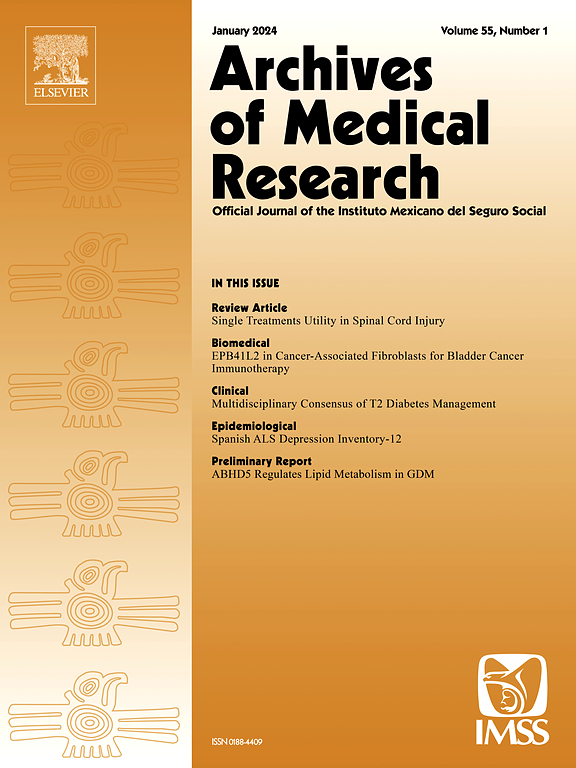Impact of Maternal Obesity on Offspring microRNA Profiles: A Systematic Review of Experimental Models
IF 3.4
3区 医学
Q1 MEDICINE, RESEARCH & EXPERIMENTAL
引用次数: 0
Abstract
Maternal malnutrition, including obesity, can have long-term adverse effects on offspring health, potentially mediated by epigenetic mechanisms such as microRNAs (miRNAs). These miRNAs play a critical role in regulating gene expression and may contribute to the developmental programming of offspring outcomes. This systematic review aimed to explore the association between maternal obesity during pregnancy and miRNA alterations in offspring, focusing on evidence from animal models. A comprehensive search of the Embase, PubMed, and Scopus databases identified 811 articles, 15 of which met the inclusion criteria. Our analysis revealed significant variability in the miRNAs and target tissues studied. Across the reviewed studies, 35 miRNAs were identified as differentially expressed in offspring exposed to maternal high-fat diet during pregnancy. These alterations were predominantly observed in the brain, liver, cardiac tissue, and adipose tissue, affecting processes related to insulin signaling, development and growth, immune response, and lipid metabolism. The observed miRNA alterations support the hypothesis that a maternal high-fat diet may induce a programmed epigenetic signature in offspring.
母亲肥胖对后代microRNA谱的影响:实验模型的系统综述
包括肥胖在内的孕产妇营养不良可能会对后代健康产生长期不利影响,这可能是由microRNAs (miRNAs)等表观遗传机制介导的。这些mirna在调节基因表达中起着关键作用,并可能有助于后代的发育规划。本系统综述旨在探讨怀孕期间母亲肥胖与后代miRNA改变之间的关系,重点关注动物模型的证据。对Embase、PubMed和Scopus数据库的全面搜索确定了811篇文章,其中15篇符合纳入标准。我们的分析显示,在所研究的mirna和靶组织中存在显著的可变性。在回顾的研究中,35种mirna在怀孕期间暴露于母体高脂肪饮食的后代中被鉴定为差异表达。这些改变主要在大脑、肝脏、心脏组织和脂肪组织中观察到,影响与胰岛素信号传导、发育和生长、免疫反应和脂质代谢相关的过程。观察到的miRNA改变支持了母体高脂肪饮食可能在后代中诱导程序性表观遗传特征的假设。
本文章由计算机程序翻译,如有差异,请以英文原文为准。
求助全文
约1分钟内获得全文
求助全文
来源期刊

Archives of Medical Research
医学-医学:研究与实验
CiteScore
12.50
自引率
0.00%
发文量
84
审稿时长
28 days
期刊介绍:
Archives of Medical Research serves as a platform for publishing original peer-reviewed medical research, aiming to bridge gaps created by medical specialization. The journal covers three main categories - biomedical, clinical, and epidemiological contributions, along with review articles and preliminary communications. With an international scope, it presents the study of diseases from diverse perspectives, offering the medical community original investigations ranging from molecular biology to clinical epidemiology in a single publication.
 求助内容:
求助内容: 应助结果提醒方式:
应助结果提醒方式:


